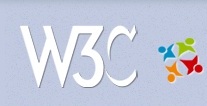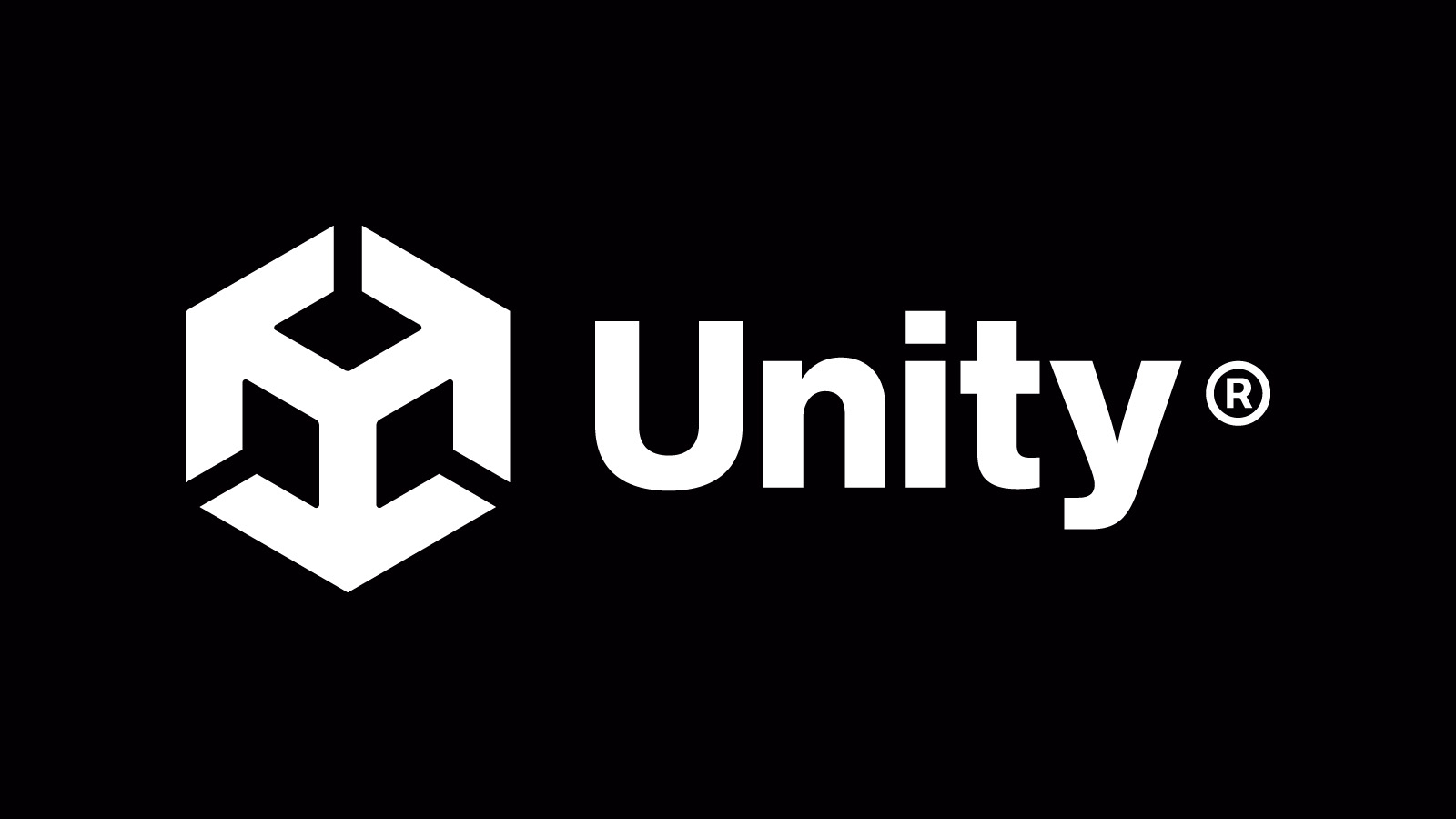W3C launches Community Groups
W3C Community Groups enable broader participation in web technologies
Sign up to Creative Bloq's daily newsletter, which brings you the latest news and inspiration from the worlds of art, design and technology.
You are now subscribed
Your newsletter sign-up was successful
Want to add more newsletters?

Five times a week
CreativeBloq
Sign up to Creative Bloq's daily newsletter, which brings you the latest news and inspiration from the worlds of art, design and technology.

Once a week
By Design
Sign up to Creative Bloq's daily newsletter, which brings you the latest news and inspiration from the worlds of art, design and technology.

Once a week
State of the Art
Sign up to Creative Bloq's daily newsletter, which brings you the latest news and inspiration from the worlds of art, design and technology.

Seasonal (around events)
Brand Impact Awards
Sign up to Creative Bloq's daily newsletter, which brings you the latest news and inspiration from the worlds of art, design and technology.

The W3C has launched a Community Groups program designed to enable anyone to contribute to web technologies. Anyone can start a group, and the participation is free. The hope is that this will make the W3C more accessible to those who don't work for major tech companies.
"W3C is now open for crowd-sourcing the development of web technology," said Harry Halpin, community development lead, in a press release. "Through these groups, people can reach influential companies, research groups and government agencies. Developers can propose ideas to the extensive W3C social network, and in a matter of minutes start to build mindshare using W3C's collaborative tools or their own. Creating a Community or Business Group doesn't mean giving up an existing identity; it means having an easier time promoting community-driven work for future standardization."
Chris Mills is an open standards evangelist at Opera and he's co-chairing a group on web education, which is working to create a web craft degree.
"I am quite pleased with the idea of Community Groups," Mills told us. "I don't think they will necessarily speed up standardisation, but I think they will make it easier to unearth and develop diverse innovations, whether we are talking about nascent new technologies, or other things such as information networks and community collaborations. These activities are useful and important for doing good things on the web, but don't necessarily fit well in the traditional settings such as working groups.
"Since the community groups have a looser set of requirements, they will appeal more to diverse projects and less technical people, which I think can only be a good thing, as the W3C is often seen as overly technical and unapproachable."
Web Standards evangelist Tantek elik, who has contributed to W3C since 1998, was even more positive. He told us: "W3C's new Community Groups are a huge step forward for W3C. A few key new things are that all it takes is four people to start a W3C Community Group, and they are also free to adopt additional licenses like Creative Commons CC0 and the Open Web Foundation's OWFa 1.0 agreements. I think W3C Community Groups provide an excellent opportunity for implementing known best practices for open web standards development.
Sign up to Creative Bloq's daily newsletter, which brings you the latest news and inspiration from the worlds of art, design and technology.

The Creative Bloq team is made up of a group of art and design enthusiasts, and has changed and evolved since Creative Bloq began back in 2012. The current website team consists of eight full-time members of staff: Editor Georgia Coggan, Deputy Editor Rosie Hilder, Ecommerce Editor Beren Neale, Senior News Editor Daniel Piper, Editor, Digital Art and 3D Ian Dean, Tech Reviews Editor Erlingur Einarsson, Ecommerce Writer Beth Nicholls and Staff Writer Natalie Fear, as well as a roster of freelancers from around the world. The ImagineFX magazine team also pitch in, ensuring that content from leading digital art publication ImagineFX is represented on Creative Bloq.
